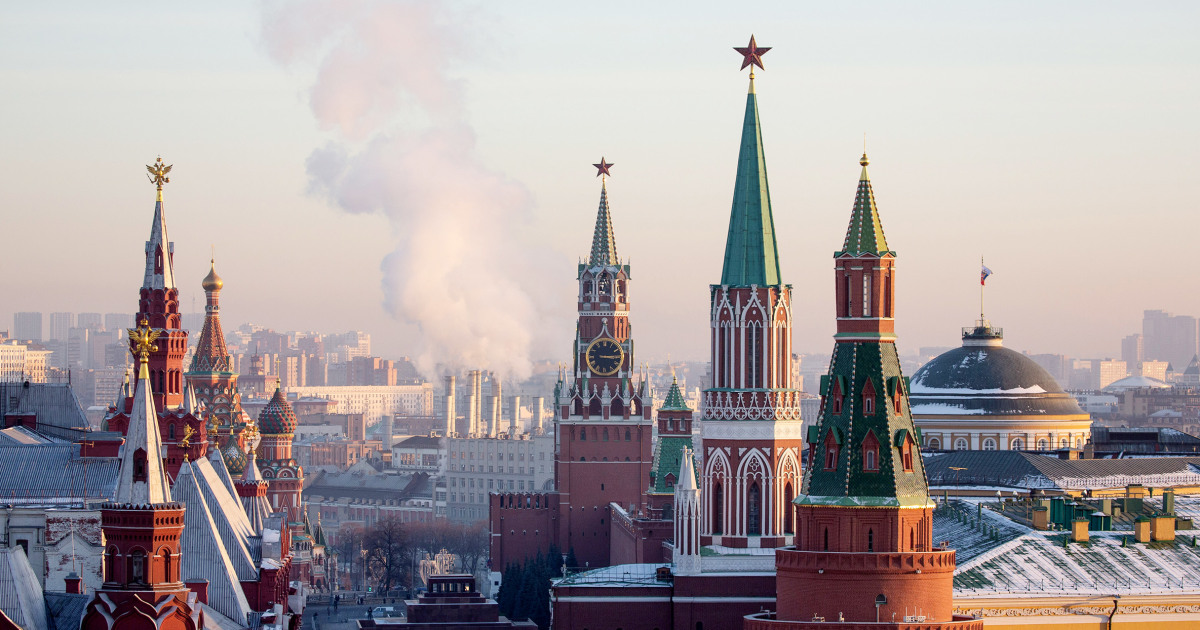Russia and Iran may try to incite violence or disruptive protests in the U.S. after the election, U.S. intelligence officials say.
An unclassified assessment released Tuesday says the U.S. intelligence community “is increasingly confident that Russian actors are considering—and in some cases implementing—a broad range of influence efforts timed with the election. Some of these are aimed at inciting violence and calling into question the validity of democracy as a political system, regardless of who wins.”
The document also says intelligence officials believe Iran could similarly pave the way for violence through online influence operations. The Office of the Director of National Intelligence, which coordinates intelligence agencies’ response to foreign influence campaigns, has repeatedly said in recent months that Iran is seeking to influence Americans. In 2020, the U.S. accused Iran of creating a website and a social media campaign, posing as right-wing Americans, calling for various public figures tied to that election to be killed.
“Iran may try to incite violence like they did after the last presidential election. In December 2020, Iran almost certainly was responsible for the creation of a website containing death threats against U.S. election officials,” the assessment says.
The intelligence director’s office has consistently warned that three U.S. adversaries have conducted persistent propaganda operations against Americans, though it’s unclear how effective they are. All three aim to denigrate the democratic process, though their presidential preferences are different: Russia supports former President Donald Trump for president, Iran supports VIce President Kamala Harris, and China doesn’t have a clear favorite.
Iran and China have generally denied wrongdoing. RT, a Kremlin-directed news outlet sanctioned and indicted by the Justice Department, has issued trolling statements sarcastically admitting acting as an arm of the Russian government. Spokespeople for Iran’s ambassador to the United Nations, China’s Embassy in Washington and Russia’s Foreign Affairs Ministry didn’t respond to requests for comment.
In a declassified, partially redacted memo dated Oct. 8, also published Tuesday, the intelligence director’s office found that all three countries are “better prepared to exploit opportunities to exert influence in the US general election after the polls close on Election Day due to lessons drawn from the 2020 election cycle. We expect these actors to at least conduct information operations denigrating US democracy through Inauguration Day.”
“We assess Iran is trying to encourage societal discord, stoke violence, and undermine trust in the US democratic process, regardless of who wins the election,” it adds.
In a media call previewing the memo, an intelligence official told reporters that the U.S. was particularly concerned about Russia’s trying to encourage violence in U.S. protests after the election.
“Foreign actors may perceive a window of vulnerability to push disinformation or foment or amplify protests and threats during the period between certification in the joint session of Congress on 6 January,” he said.
“We’re increasingly confident that Russia is considering this broad range of actions, including the violence,” he said, particularly if Harris wins.
“Russia is more likely to be aggressive in a postelection environment in which the vice president wins. As we’ve said in our previous updates, Russia would prefer the former president to win, and they would seek to more aggressively undermine the presidency of the then-president-elect,” he said.
The official also said Russia “created and amplified” false claims that Harris’ running mate, Minnesota Gov. Tim Walz, engaged in inappropriate activity earlier in his career.
“The intelligence community reviewed media associated with this effort, and in doing so, it revealed several indicators of manipulation that are consistent with the influence efforts and tactics of Russian actors this cycle,” he said.

Leave a Reply